Plants provide many benefits. Not only do they beautify the places where we work and play, but they help to reduce erosion and can even help remove some forms of pollution from soil and groundwater.
However, did you know that plant matter itself can be a form of pollution?
Landscaping activities can greatly impact our local streams, rivers, and the ocean. Excessive organic material in streams and in the ocean leads to increased nitrogen in the water which can tip the balance in favor of algae growth. Algae blooms can cause the death of aquatic life including coral reefs along shorelines because they rob the water of oxygen.
Along with organic waste, chemical pollutants resulting from landscape maintenance activities can be carried away by stormwater runoff and transported to the nearest storm drain and out to the ocean.
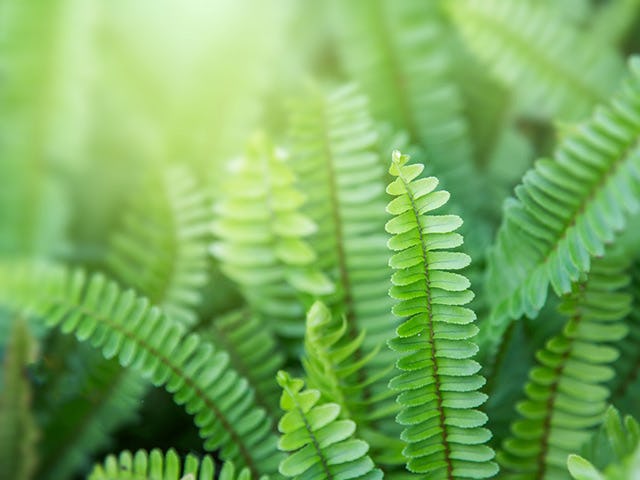
Instead of using chemical products for landscaping activities, try amending soils with compost, weeding by hand, and replacing plants with native cultivars and climate-appropriate plants. These practices can help prevent excess fertilizers from reaching the storm drainsystem and entering bodies of water.
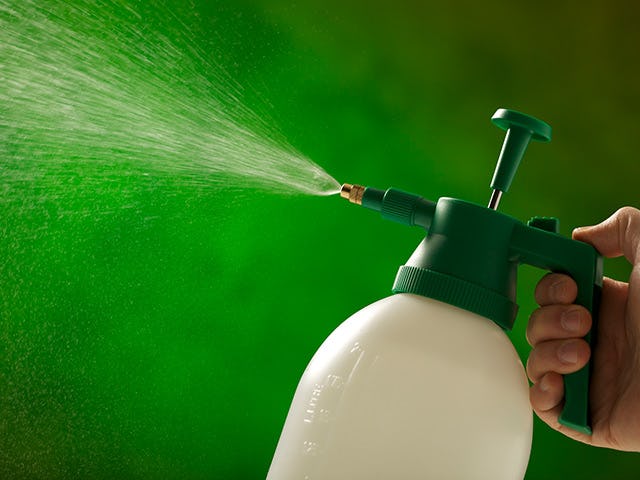
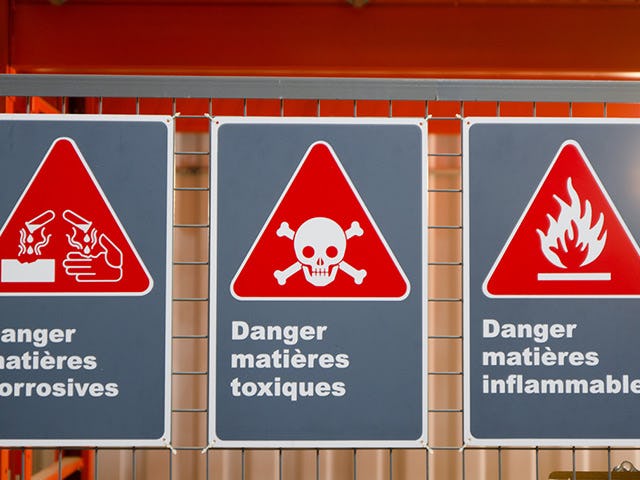
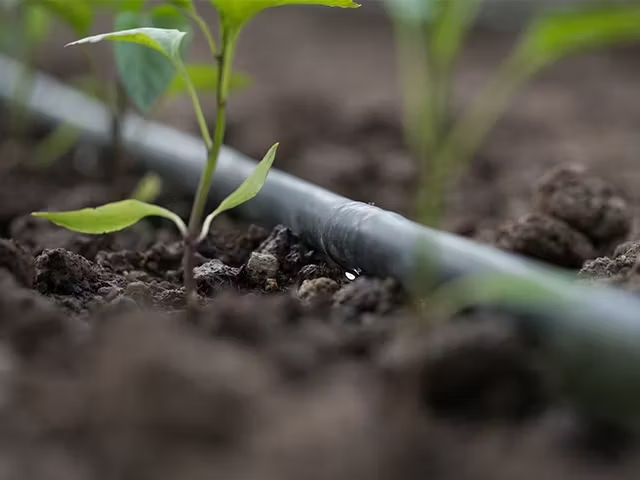
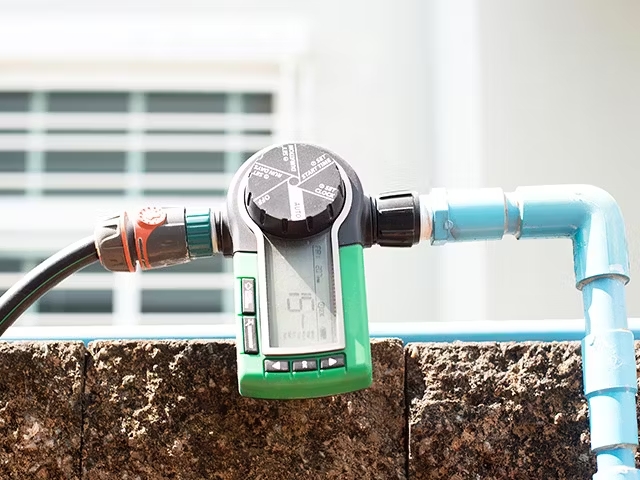
Smart controllers for irrigation systems adjust irrigation actions based on weather conditions. This allows you to get the most out of each rainfall event and ensures that you are not generating excess runoff.
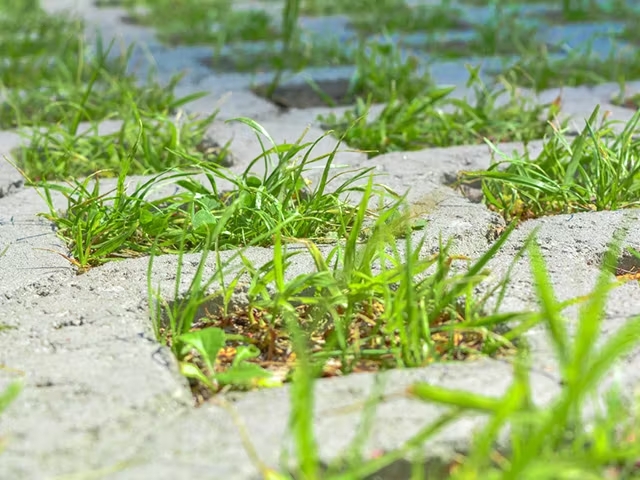
Impervious surfaces such as concrete driveways, parking lots and roads inhibit stormwater from infiltrating into the ground. Instead, rain that falls onto these surfaces flow into gutters that lead to the nearest storm drain.To prevent stormwater runoff from your property, replace paved surfaces with a porous
alternative or install a vegetated buffer to capture and filter pollutants. You can also use a rain barrel or cistern to capture and prevent stormwater from flowing onto an impervious surface.
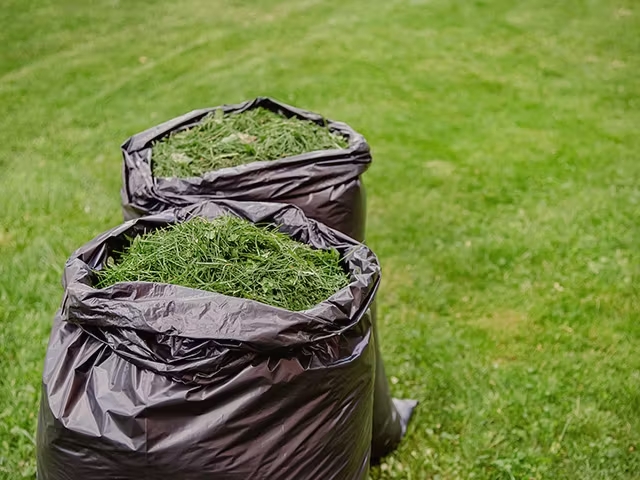
Landscaping waste should be collected and thrown into the trash to prevent dispersal by wind, rain or irrigation water runoff. Never blow or wash green waste into the street or storm drain inlets, or use a hose to rinse away dirt and yard debris from paved surfaces. Using mulch, wood chips and other cover material can help soil retain its moisture and prevent erosion. Mulch increases the soil’s water-holding capacity, which means you need less irrigation, and regulates soil temperature for a healthy plant root zone. Keep material stockpiles covered, away from storm drain inlets and out of the street.
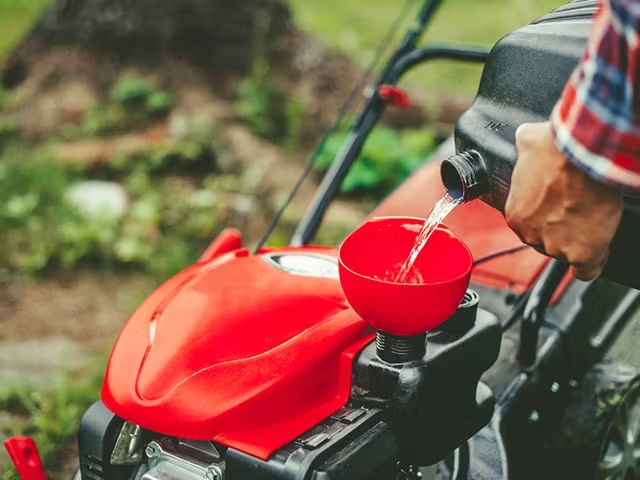

Instead of using chemical products for landscaping activities, try amending soils with compost, weeding by hand, and replacing plants with native cultivars and climate-appropriate plants. These practices can help prevent excess fertilizers from reaching the storm drainsystem and entering bodies of water.


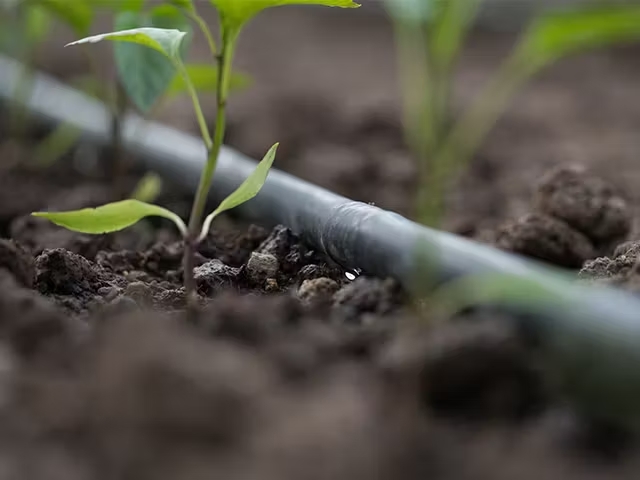

Smart controllers for irrigation systems adjust irrigation actions based on weather conditions. This allows you to get the most out of each rainfall event and ensures that you are not generating excess runoff.

Impervious surfaces such as concrete driveways, parking lots and roads inhibit stormwater from infiltrating into the ground. Instead, rain that falls onto these surfaces flow into gutters that lead to the nearest storm drain.To prevent stormwater runoff from your property, replace paved surfaces with a porous
alternative or install a vegetated buffer to capture and filter pollutants. You can also use a rain barrel or cistern to capture and prevent stormwater from flowing onto an impervious surface.

Landscaping waste should be collected and thrown into the trash to prevent dispersal by wind, rain or irrigation water runoff. Never blow or wash green waste into the street or storm drain inlets, or use a hose to rinse away dirt and yard debris from paved surfaces. Using mulch, wood chips and other cover material can help soil retain its moisture and prevent erosion. Mulch increases the soil’s water-holding capacity, which means you need less irrigation, and regulates soil temperature for a healthy plant root zone. Keep material stockpiles covered, away from storm drain inlets and out of the street.

All Rights Reserved. Stormwater Maui. State of Hawaii Department of Transportation
